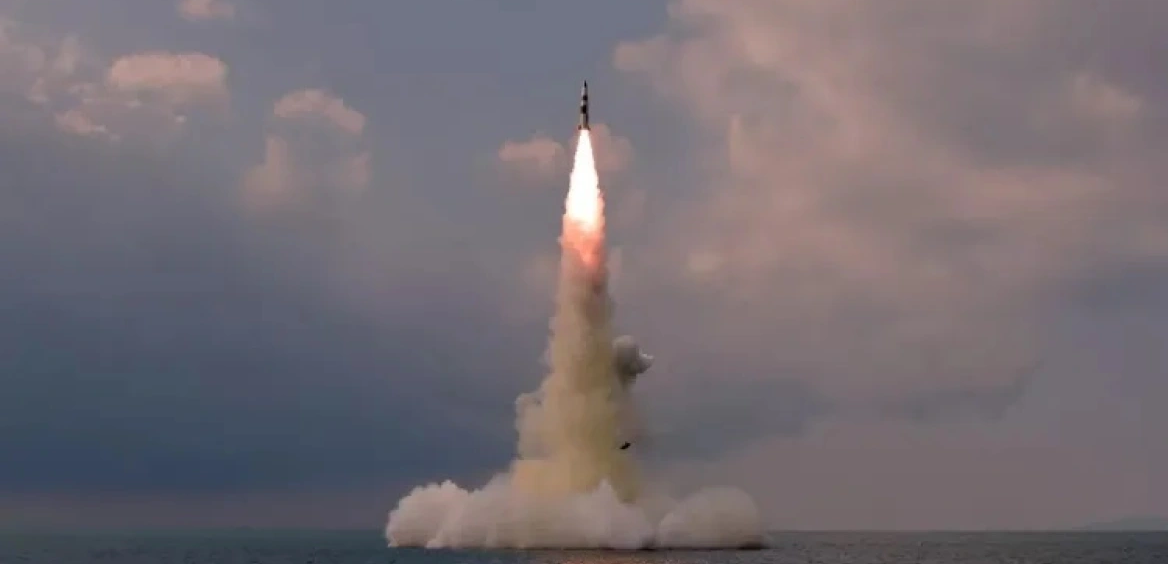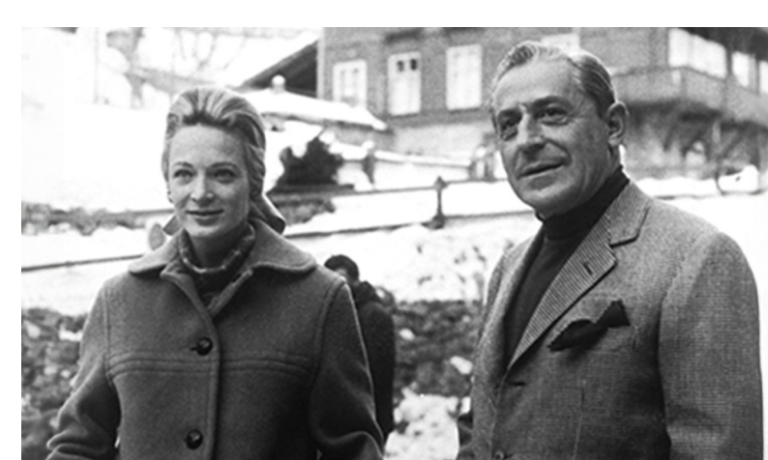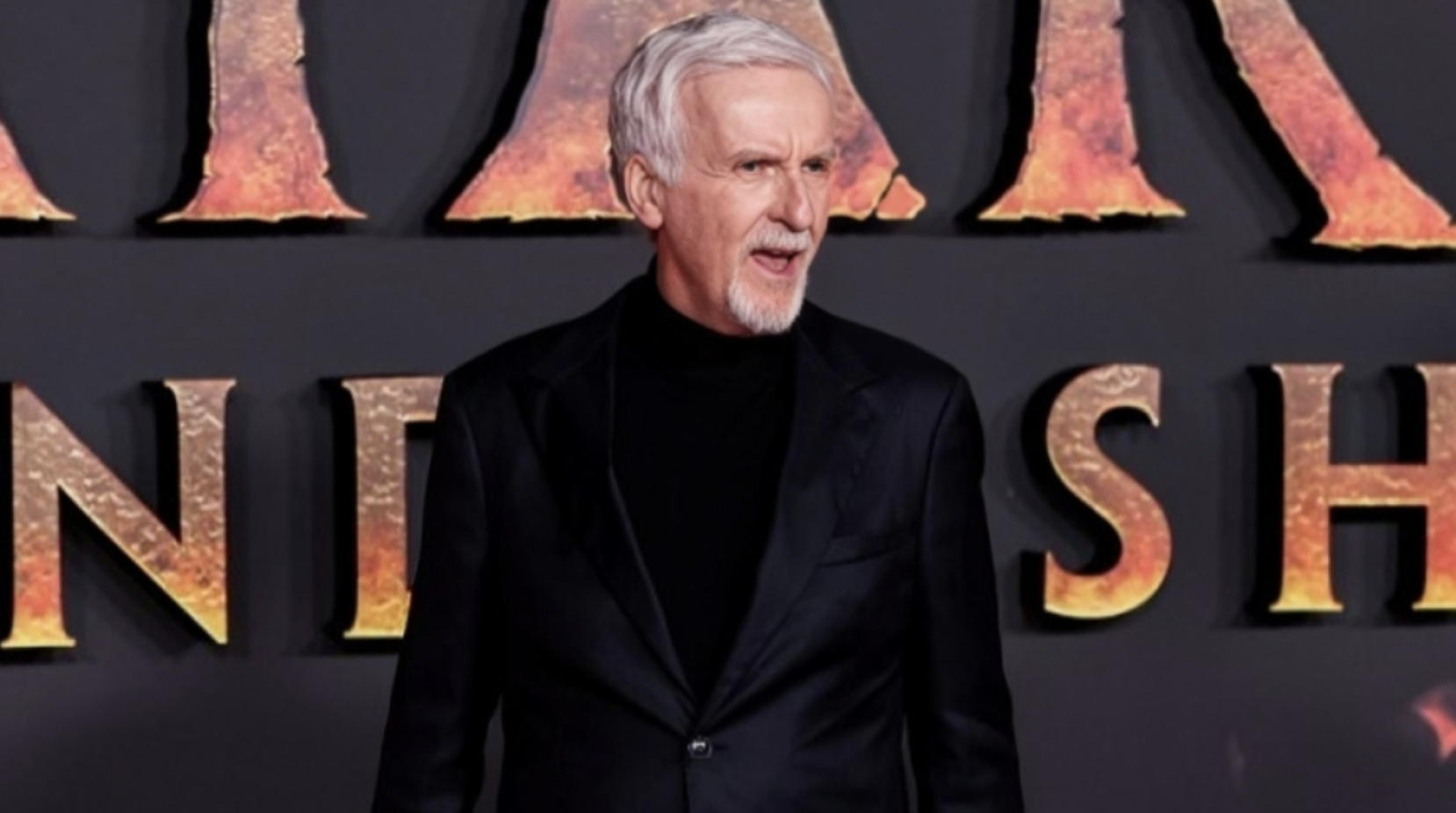“Once is happenstance,” wrote James Bond’s creator. “Twice is coincidence. Three times, it’s enemy action.” As European politicians and security agencies ponder the three explosions that caused leaks in the two Nord Stream gas pipelines under the Baltic Sea on Monday, they may find this adage of Ian Fleming’s helpful in resolving their doubts about who was responsible.
The strange thing about Putin’s assault on Ukraine was that he clearly hadn’t consulted Valery Gerasimov, the guy who in 2013 had radically reconfigured Russian military doctrine at his behest (and is now chief of the Russian armed forces). Gerasimov’s big idea was that warfare in a networked age should combine the traditional kinetic stuff with political, economic, informational, humanitarian and other non-military activities. This would mean, for example, that before firing a shot, you should first use social media and other network tools to misinform, confuse, polarise and demoralise the population of your adversary. In that way, democratic regimes would find it more difficult to motivate their citizens for combat.
Turkey signed a “hydrocarbons agreement” in Libya
Putin’s invasion in February ran directly counter to this doctrine; perhaps Gerasimov was not part of the inner circle of trusted cronies on whom Putin initially relied. Instead the assault was a 1940s-style blitzkrieg, except in Technicolor rather than black and white. And it hasn’t worked. So as he returns to the drawing board, it’s conceivable that the Russian leader has, finally, been talking to Gerasimov. If that’s the case, then their conversations will have rapidly turned to topics such as deniability, asymmetric warfare and identifying the critical weaknesses of their western adversaries.
Read more: yahoo
Ask me anything
Explore related questions





